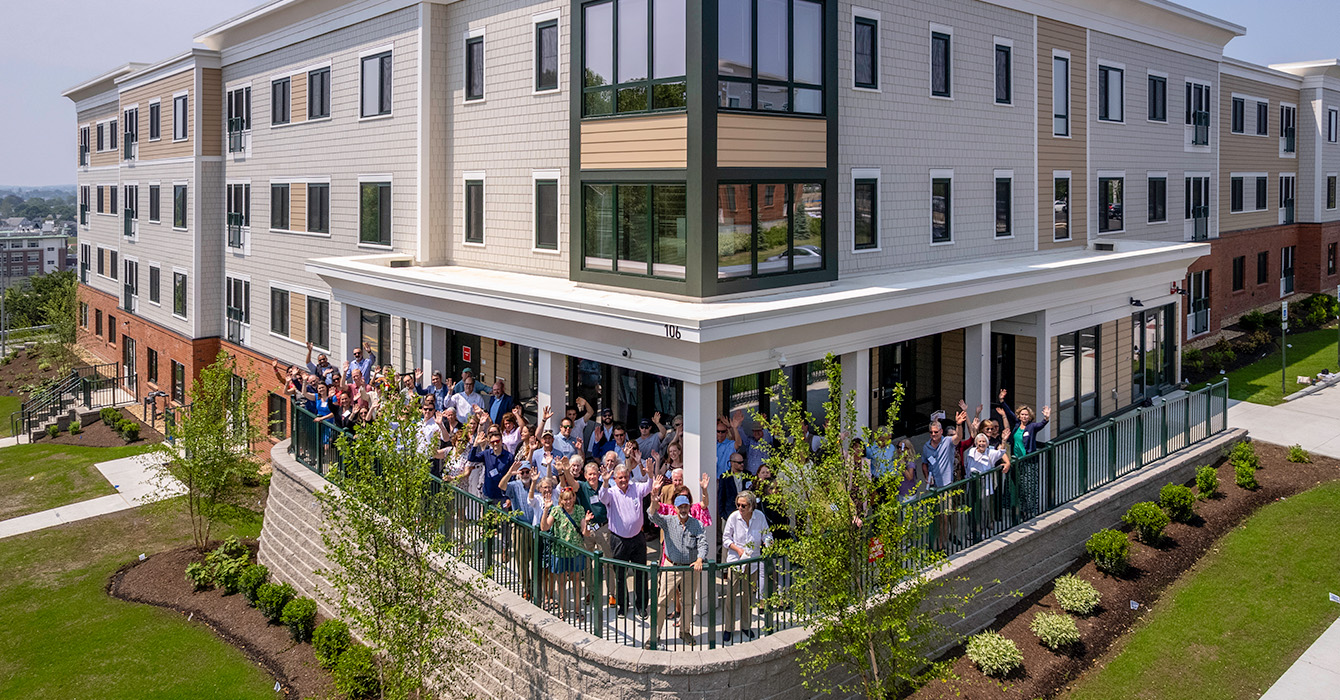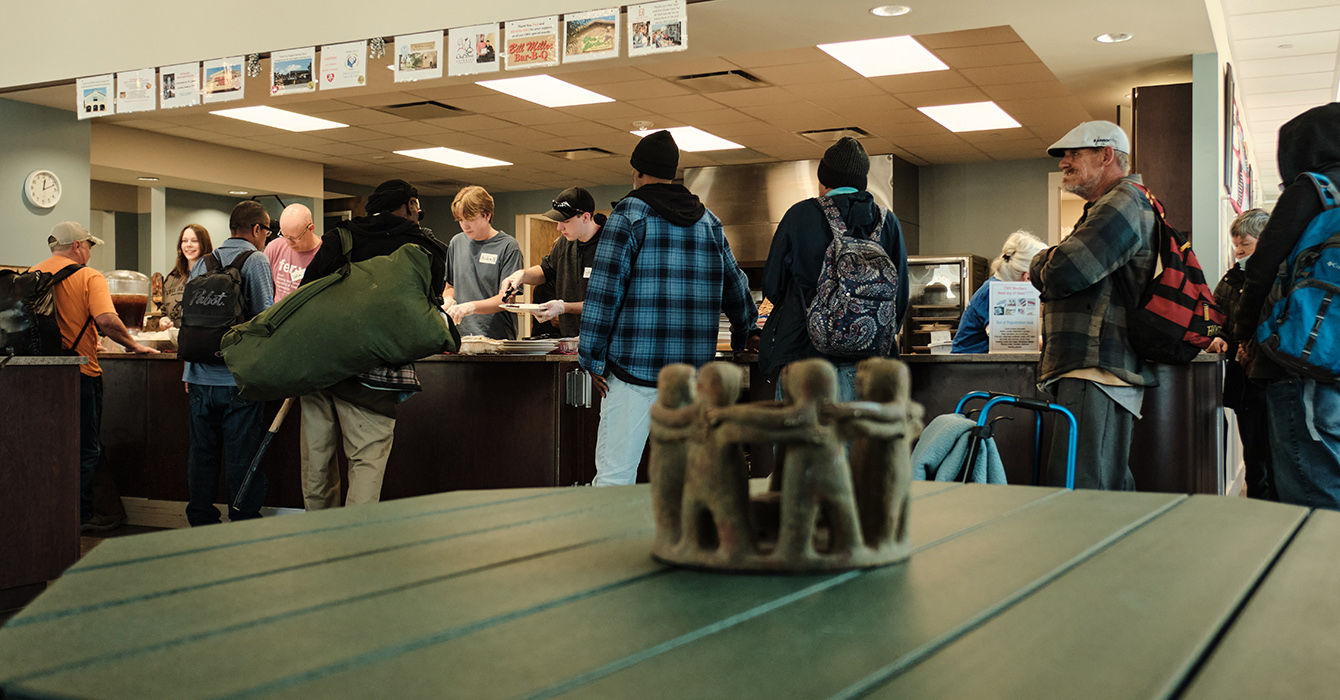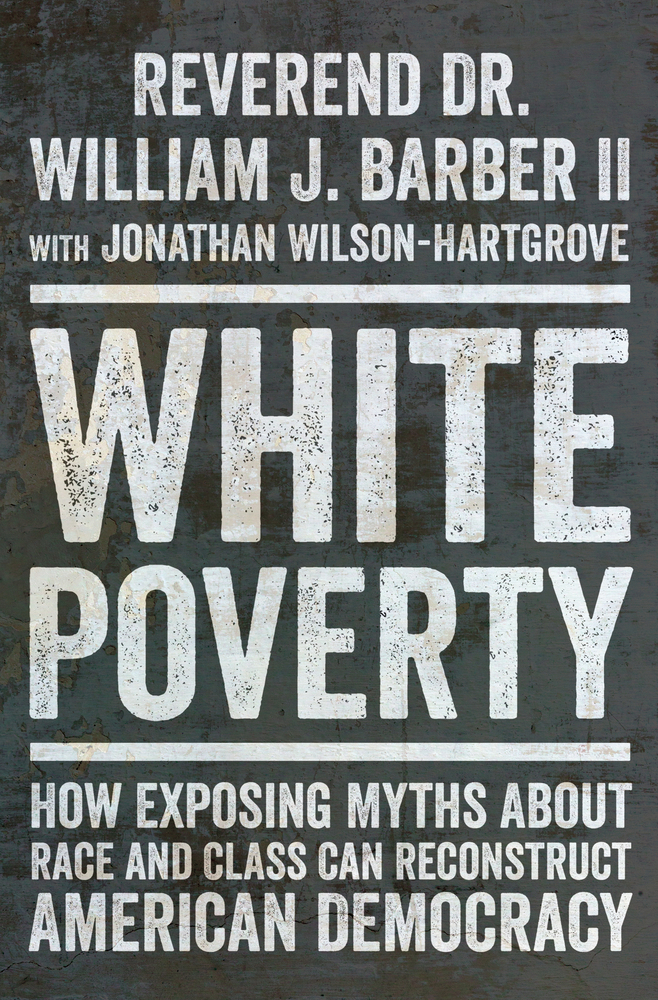Recently published
Tags
TagsThree churches share their experiences practicing intentional stewardship year-round
Different in size, location and denomination, these churches are all working to move beyond traditional fall giving campaigns by creating a philosophy of continuous stewardship.
 Link to author Leslie Quander Wooldridge
Link to author Leslie Quander Wooldridge
An affordable housing project uses its faith-based history to grow into the future
Now a secular nonprofit, Harborlight Homes has expanded to address a housing shortage while holding onto its church roots.
 Link to author G. Jeffrey MacDonald
Link to author G. Jeffrey MacDonald
Why is a business model important for a ministry?
The new executive director of any ministry needs to understand the organization’s finances. That includes how money is raised and spent as well as the economics of the people involved, writes the executive director of Leadership Education at Duke Divinity.
 Link to author David L. Odom
Link to author David L. Odom
Listening to people and investing in them as an act of radical service
Married pastors have transformed a vacant strip mall into a community development hub and base for needed services in a St. Louis suburb.
 Link to author Valerie Schremp Hahn
Link to author Valerie Schremp Hahn
The visionary and the implementer: Partners combine strengths to launch a housing development for formerly homeless older adults
When San Antonio’s Catholic Worker house grew from offering a feeding ministry to building affordable housing, its leader got help from a surprising source: a former administrator in the city department that had tried to shut it down.
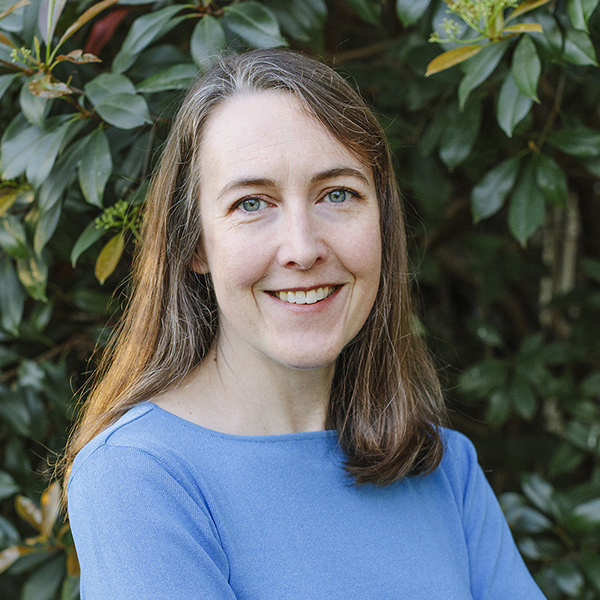 Link to author Robyn Ross
Link to author Robyn Ross
You’ve decided to build affordable housing on your church property. What’s next?
The “predevelopment” phase is crucial in faith-based efforts to develop church property. An expert in urban planning helps demystify the process.
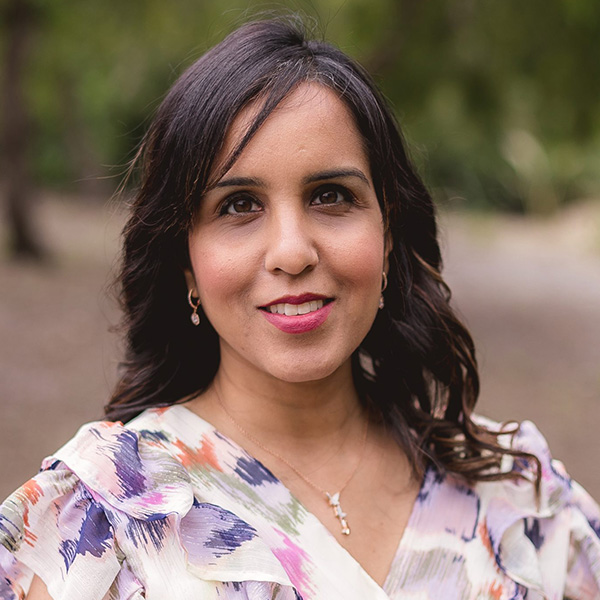 Link to author Nadia A. Mian
Link to author Nadia A. Mian
Church income isn’t keeping pace with inflation — but here’s how faith leaders can encourage giving and growth
As a recent report sheds light on the postpandemic state of faith and finances, experts offer suggestions for increasing church income by prioritizing ease of giving and financial literacy.
 Link to author Leslie Quander Wooldridge
Link to author Leslie Quander Wooldridge
Five tips for churches considering property development
Churches are learning how to get started well with adaptive reuse and property development, writes the co-founder of a nonprofit that has worked with hundreds of churches.
‘White Poverty: How Exposing Myths About Race and Class Can Reconstruct American Democracy’
In the closing chapter of a recent book, the Rev. Dr. William J. Barber II writes about the hope he sees when poor people come together to advocate for better working conditions and better policies.
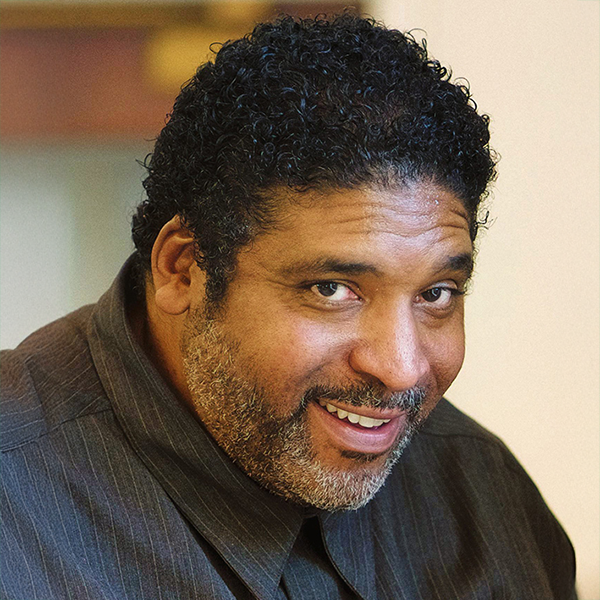 Link to author William J. Barber II
Link to author William J. Barber II
Navigating financial dependency: Does your ministry have a sponsor, and what does that mean?
Maintaining a successful relationship with a significant funder requires being clear about intentions and understanding how to negotiate priorities, writes the executive director of Leadership Education at Duke Divinity.
 Link to author David L. Odom
Link to author David L. Odom



